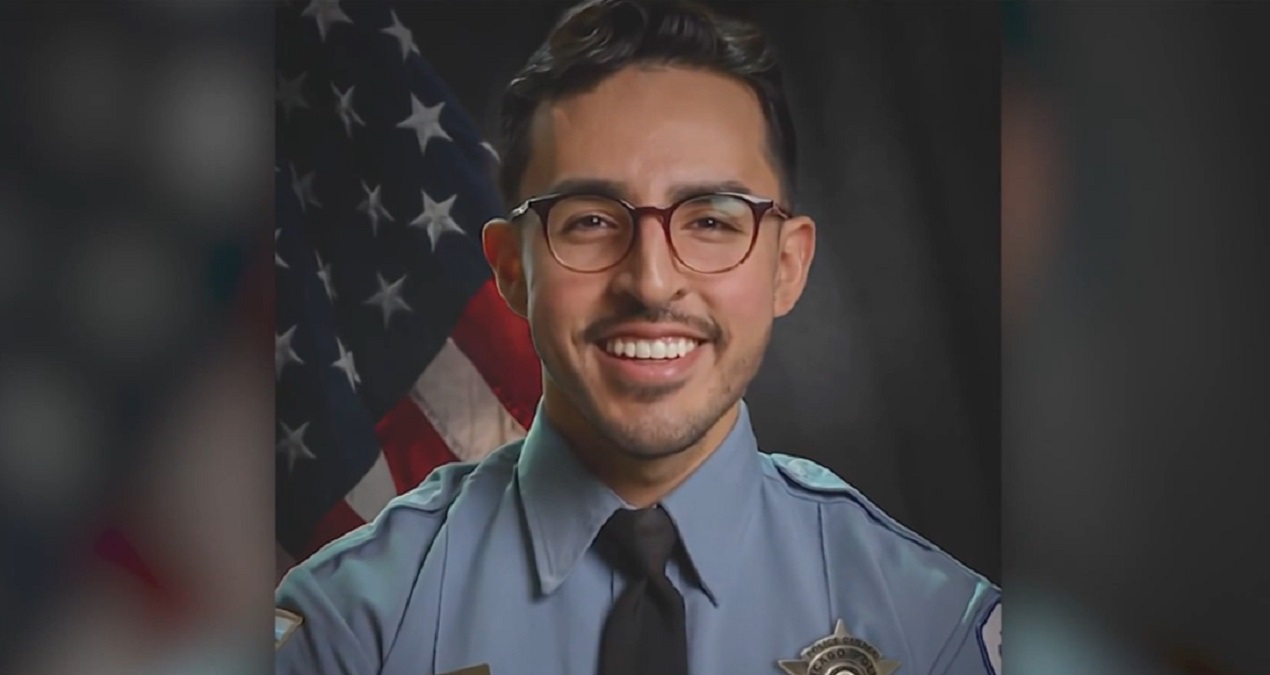NBC’s "Dateline" aired a one-hour "Making a Murder" special that focused on the many unanswered questions in Steven Avery's case.
"The State of Wisconsin vs. Steven A. Avery," aired Friday evening, showing new interviews with key players in the trials of Avery and Brendan Dassey for the 2005 murder of Teresa Halbach.
Avery stayed in prison for 18 years for a rape he didn't commit, but was later convicted of murdering the 25-year-old photographer.
The special began Penny Beerntsen, the woman who Avery was convicted of raping in 1985. She said when the verdict was read in the case, she had "a huge sense of relief."
However, Beernsten received a phone call the day after Avery went to prison from the police informing her that there was another suspect who looked like him. Avery spent 18 years behind bars before being exonerated by DNA evidence in 2003.
"I knew that I identified the wrong person before they told me," Beernsten told Dateline in a past interview. "That day was much more difficult than the day of the assault for me."
After being exonerated of the sexual assault, Avery once again found himself in trouble with the law. Avery was arrested in connection with the Oct. 2005 death of Halbach.
Ken Kratz, the former Calumet County, Wisconsin, district attorney who prosecuted Avery, appeared in the special and once again maintained that Avery was the right man behind bars.
Local
Kratz said Avery told detectives that he didn’t touch Halbach’s SUV. However, Avery's blood was found in the vehicle and his DNA was found on the hood latch of the car.
Kratz also admitted he did have one regret about the case -- a press conference in which he went into the grisly details of the account that Dassey had given during his lengthy interrogation.
"Having to do it all over again, I would not have given that press conference," Kratz told Dateline.
[[367082801, C]]
Arguably the most attention-grabbing part of the special came during an interview with Jerry Buting. Avery's former attorney made a claim about the vial of blood found in at the Manitowoc County Clerk of Courts office that wasn't included in the Netflix documentary.
"You could definitely see that right up to the edge, there was blood in between the stopper and the glass," Buting said in an interview. He insisted that this proved the rubber stopper "had to be removed from the tube" at some point after blood was inserted.
After Buting made his claim, Dateline's Andrea Canning talked to a blood expert who said blood around the stopper is common and dismissed his claims.
Dateline also located court documents that confirmed that a prison nurse was ready to testify that she made the hole in the vial of Avery's blood. However, she was never called because the prosecution didn’t think the defense laid out a blood hole theory strong enough to warrant a rebuttal.
[[367082871, C]]
At the end of the special, the lawyer who is now representing Steven Avery told Dateline she was committed to proving her new client's innocence. She has even purchased the same car Teresa Halbach had.
"I want to understand the hood latch, battery cables, where the blood was found in the car," Kathleen Zellner said in her first on-camera interview since taking up the case.
[[367082941, C]]
Zellner added that advances in forensic testing could help exonerate the man at the center of the popular Netflix series.
"Generally, since 2007, there have been significant advances in forensic testing ... the clearest way to do this is with scientific testing," Kathleen Zellner told Dateline NBC.
Additionally, Zellner said there may be alternative suspects in the case.
Avery's nephew Brendan Dassey was also convicted of murder in connection with the case, though the majority of the special focused on Avery.
Avery filed an appeal earlier this month and Dassey is awaiting a judge’s ruling on a petition aiming to get him a new trial.



